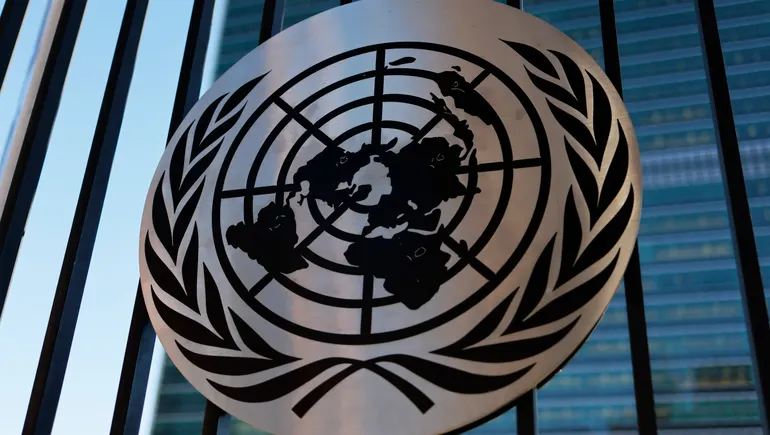The United Nations has officially adopted a new cybercrime convention, even as privacy advocates and tech industry leaders raise serious concerns. The signing ceremony brought together UN member states to endorse a global agreement designed to tackle cybercrime. However, critics argue that the convention could give authoritarian governments new tools to suppress freedom of expression and monitor citizens under the guise of law enforcement.

What Does the New Convention Mean?
Supporters claim the agreement will help improve international cooperation in fighting online threats, streamline legal processes, and make it easier to catch cybercriminals across borders. But digital rights groups warn that the vague language in the convention could lead to abuses, especially in countries with poor human rights records. Some experts fear the rules may undermine privacy, restrict free speech, and empower governments to surveil dissidents.
Industry and Activist Opposition
Tech companies and civil society organizations have joined forces to call for safeguards. They want clearer definitions and stronger protections for human rights. As the agreement moves forward, the world will watch closely to see how nations implement these new rules—and whether they respect fundamental freedoms.
Sources:
Cybersecurity Dive – UN Cybercrime Convention Signing Ceremony
















